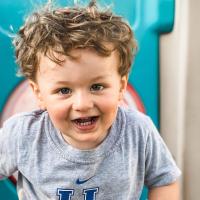
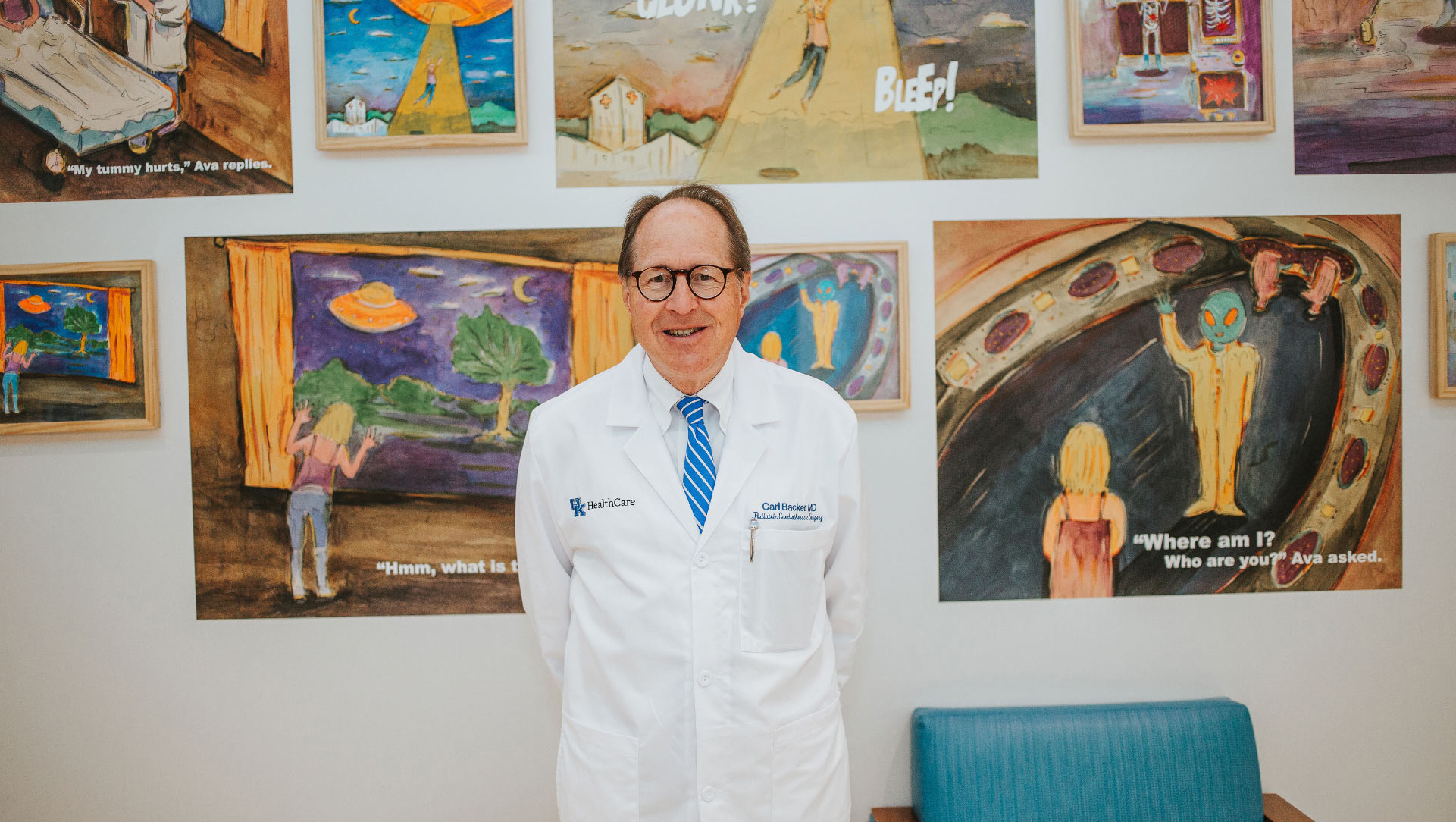
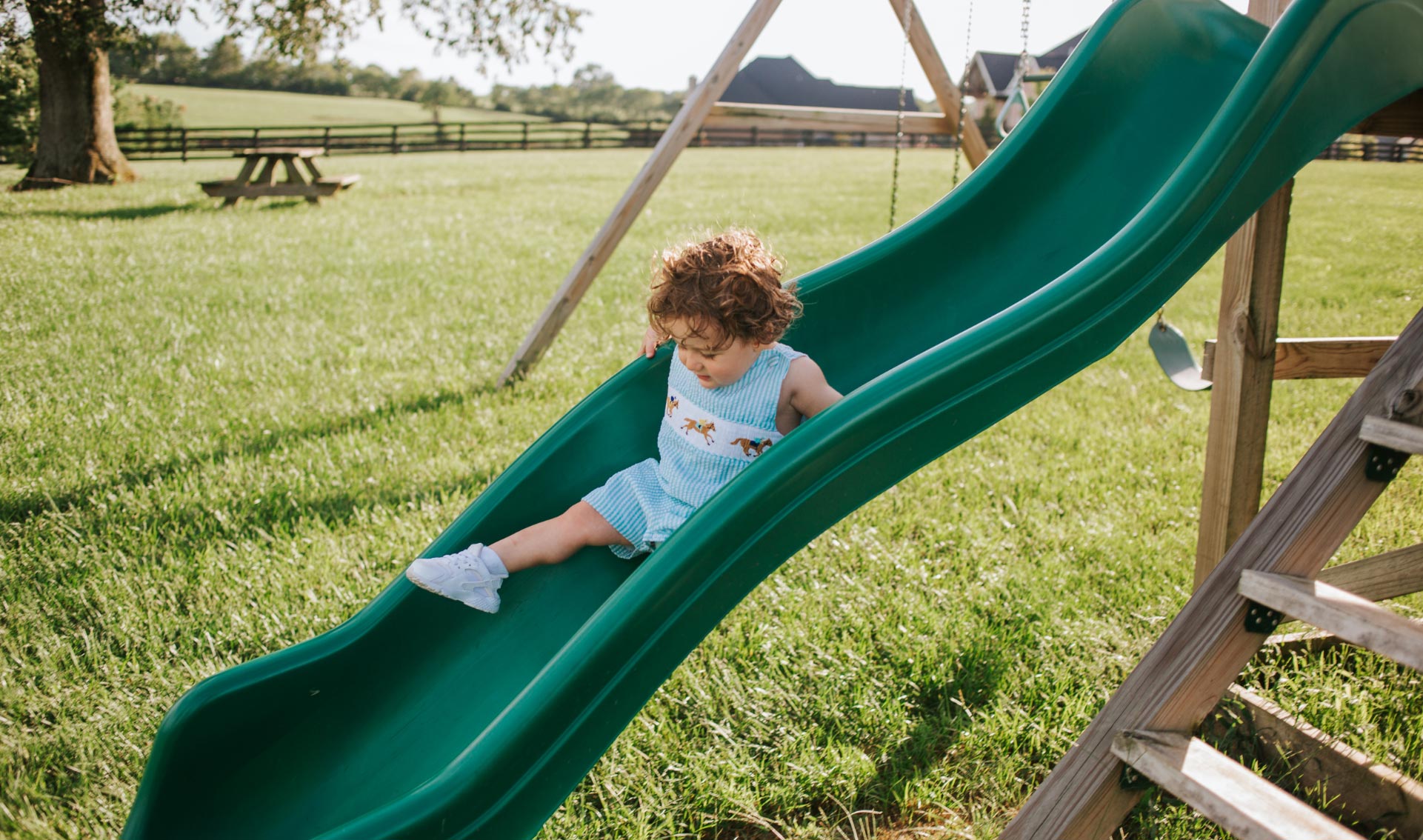
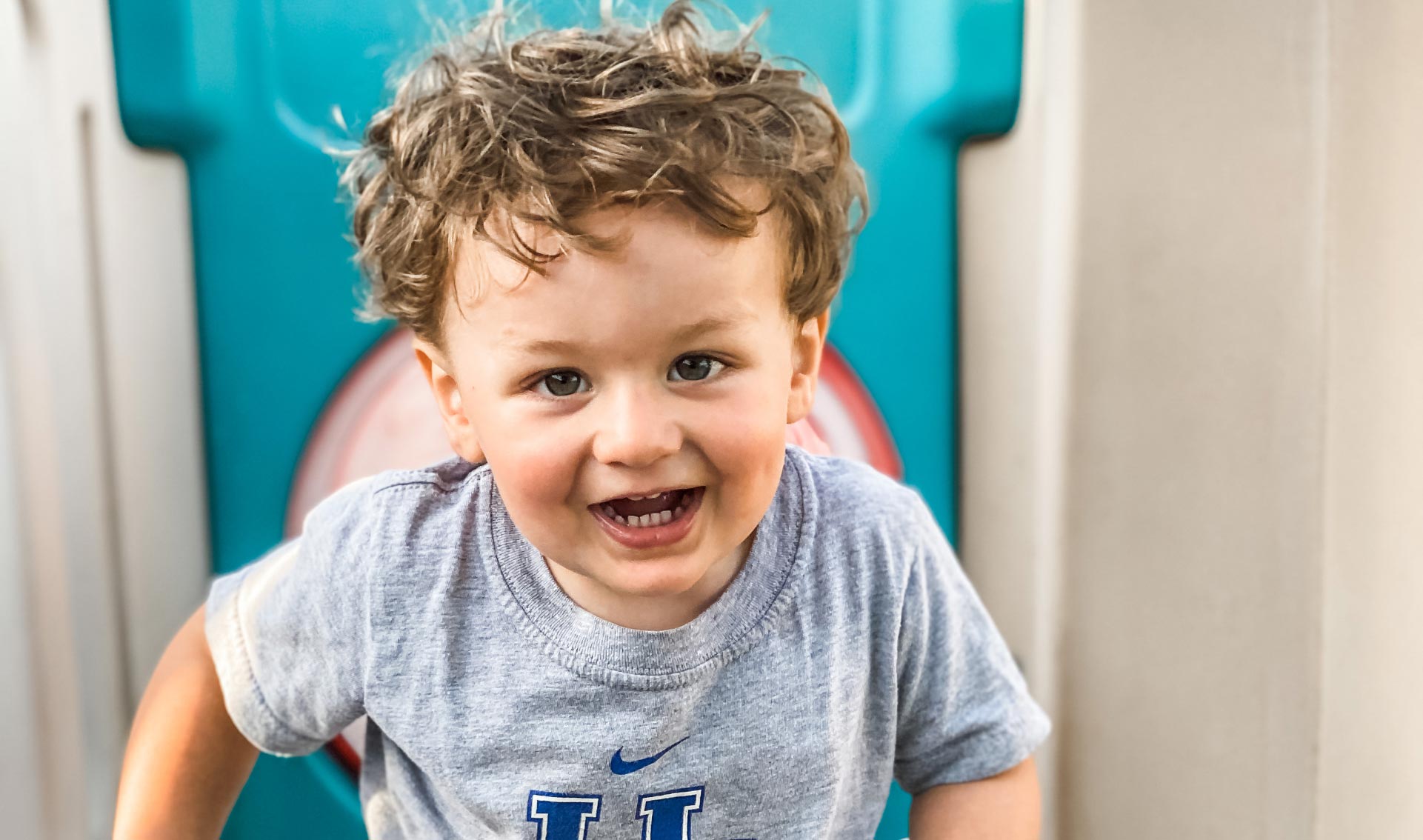

“Everybody loves Charlie.”
Everybody thought one-year-old Charlie Surface-Wiehebrink had asthma. His pediatrician thought so. His parents thought so. But when Charlie failed to respond to treatment after treatment, Dr. Krishna Pancham, a pediatric pulmonologist at UK HealthCare’s Kentucky Children’s Hospital, realized something else was going on, and he ordered a bronchoscopy to find out more. “Dr. Pancham comes out and he says to me, ‘I'm so glad you came in today. I need you to come talk to me.’ So obviously, I'm freaking out because it's not really what you want to hear,” said Charlie’s mom, Cassidy. “We got back there and he told me that Charlie has a heart condition.”
Charlie’s condition, an extremely rare combination of heart defects including a right aortic arch and a vascular ring with a Kommerell’s diverticulum, was constricting his airway. That was the reason for his wheezing, his constant illnesses, and the fact that he was never able to speak or eat much. Together with Charlie’s parents, his team at Kentucky Children’s Hospital decided to move forward with heart surgery to correct the heart defects and release the restriction on Charlie’s airway.
That surgery was led by Dr. Carl Backer, chief of cardiothoracic surgery at Kentucky Children’s Hospital. Dr. Backer’s cardiothoracic team is part of a nationally-ranked Joint Pediatric and Congenital Heart Program, in collaboration with Cincinnati Children’s. But Dr. Backer didn’t just bring general pediatric heart experience to the table—he was intimately familiar with Charlie’s exact condition.
“Dr. Backer walked into the preoperative appointment with a handful of papers in his hand and said, ‘This is what’s going on with Charlie. I’ve done this operation many times, and here’s a seminar I wrote on this subject.’ He’d actually underlined and circled the things that Charlie had, so I could read what was going on with Charlie and how he was going to fix it,” Cassidy said. “He highlighted and lined out everything Charlie was going to have, and he said ‘We’re going to fix him, and he’ll be fine. Charlie can be a normal boy.’”

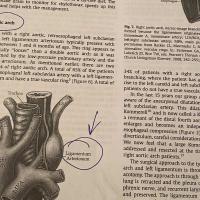


The morning of his surgery, Charlie’s signature sunny disposition was on display. “The anesthesiologist, Dr. Vu, reached for Charlie and Charlie just went right to him. No tears. Looked right back at me and said, ‘Bye.’ And they took him down the hallway back to surgery. They said that he did so good. He’s just such a good, happy boy. Everybody loves Charlie.”
The effects of the surgery were immediate—and Charlie’s continued to improve in the weeks since his procedure. “Almost instantly, he started talking. He didn’t cough anymore. And now it's been four weeks, and he's able to swim and play and run. He’s saying so many more words. He eats more now. He’s just taken off. You can tell he’s a lot happier.”



